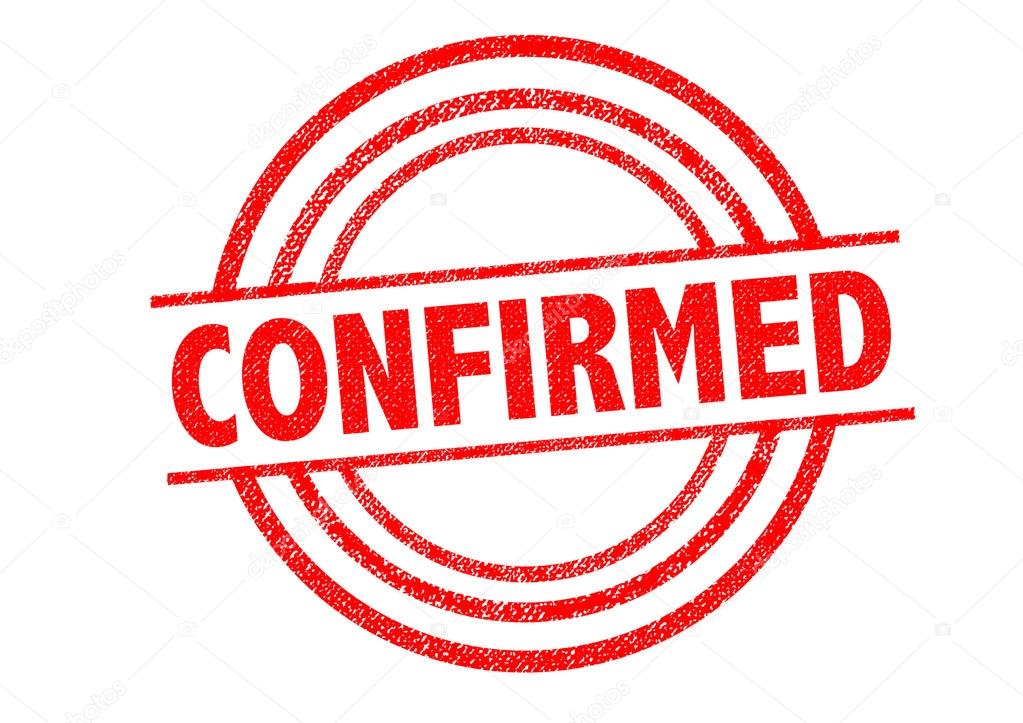“I knew I was right! That explains everything exactly as I has suspected!”
Confirmation bias is the inclination to look for and remember selective information that confirms or supports our preexisting beliefs or ideas.
Yes, this is a real thing. And yes, you do it.
Sometimes we want so badly for something to be a certain way that we allow our emotions to cloud our judgement about that issue and only look for information to support our position.
All because, “we knew we were right!”
Our confidence or lack thereof affects how likely it is we are to search for information to confirm or contradict our positions. And if you’re thinking that really confident people have a higher tendency to search for information confirming their beliefs, you’d be WRONG. In fact, research by Stanovich and West shows that people with high confidence levels are actually more likely to search for contradictory information to their personal position and they have a decreased preference for information that supports their beliefs. This is because they’re likely looking for contradictory information so they can form an argument.
“Okay, Mark, so what?!?”
This type of thinking is incredibly dangerous in negotiation. Especially when we’re researching the market or the other party. The danger that this type of cognitive bias presents is that it allows us to develop an overconfidence in our beliefs or closely held assumptions where no such confidence may be warranted. And if this overconfidence and selective data drives decisions, we open ourselves up to the increased probability of making poor decisions and potentially VERY COSTLY poor decisions.
“Okay, so that’s pretty scary. How do I overcome confirmation bias?”
Good question.
I recently read a great little article on lifehack.org that suggests that the easiest way to overcome confirmation bias is to recognize that your ego doesn’t want you to expand your mind and look for information to contradict your closely held assumptions or beliefs. This means that we basically have to force ourselves to humble enough to accept people disagreeing with us and to search for information for the explicit reason to disprove our assumptions or beliefs.
Ask yourself open ended questions that you would ask others who contradict your beliefs.
Questions like:
- What do you believe about this?
- Why do you believe this?
- What led you to believe this?
And once you find the information that contradicts your beliefs, don’t cast it aside! Analyze it and determine how you can use it to help you make a better decision. Don’t let your ego make important decisions about your business or life. Keep it in check by searching for information that disproves or contradicts your closely held assumptions of beliefs.

